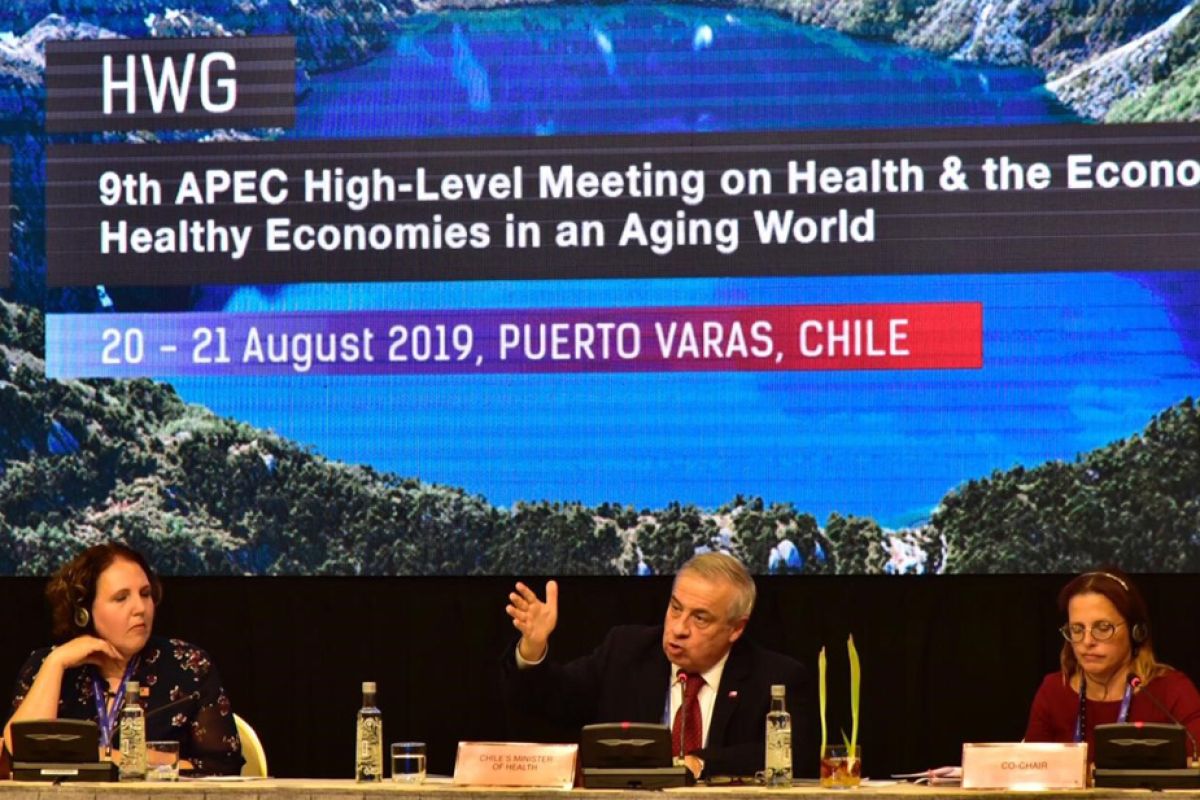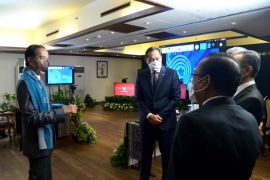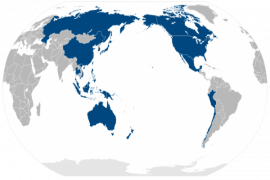Attendees at the meeting in Puerto Varas, Chile, comprised health ministers, deputy health ministers, academic and industry leaders, and representatives of non-governmental and international organizations, according to a written statement issued by the APEC Health Working Group and received here on Saturday.
The meeting was held to delve into opportunities and challenges that aging populations present in facilitating sustainable economic growth and development across economies.
The APEC region is home to some of the most rapidly aging populations in the world. A third of all APEC economies are projected to be "super-aged" within the subsequent decade, thereby translating to the fact that over a fifth of their population will be over 65 years of age.
"We need a completely different way of looking at aging," Chile’s Minister of Health Jaime Mañalich stated.
"We need to recognize that it is not possible to address the challenges of aging exclusively from a health perspective, but it is necessary to begin to understand the health system from an inter-sectoral perspective," he remarked.
APEC economies agreed to the key significance of promoting healthy aging in the region, where older people have access to the necessary tools necessary for aging well and for continuing to learn, grow, make decisions, and actively contribute to society beyond increasing life expectancy.
"The promotion of healthy and active aging is a prerequisite to ensuring sustainable and inclusive economic growth," Japan’s Vice Minister of Health Yasuhiro Suzuki, who also pushed for focus on aging during Japan’s G20 host year, stated.
"One of Japan’s goals for 2040 is to extend healthy life expectancy more than three years by focusing on disease prevention and long-term care," Suzuki noted.
Currently, APEC economies are pursuing innovative partnerships that promote awareness of integrated care and people-centric, gender-responsive approaches, which are viewed as being ideal for healthy aging.
APEC officials were reminded to take into account the requirements of elderly people while transforming health and social systems in pursuit of universal health coverage. For instance, new strategies are deemed necessary to tackle the major deficit of health workers to care for aging populations in the Asia-Pacific region.
Informal caregivers, such as family members, play an important role but are often an overlooked component of the health systems.
Other matters raised comprise the crucial role of prevention, including vaccination; access to vision care and oral health; promoting healthy lifestyles; and integrating prevention into strategies to address dementia, estimated to have caused a US$185 billion dent to the region in 2015.
The high-level meeting held in Chile was backed by the APEC Health Working Group and APEC Life Sciences Innovation Forum that released a Joint Statement to reiterate the importance of promoting healthy aging in the APEC region.
EDITED BY INE
Related news: Leaders should derive optimal benefits from APEC for greater progress
Related news: Collaboration to plug the digital skills gap by 2025: APEC
Reporter: Yuni Arisandy Sinaga
Editor: Fardah Assegaf
Copyright © ANTARA 2019












